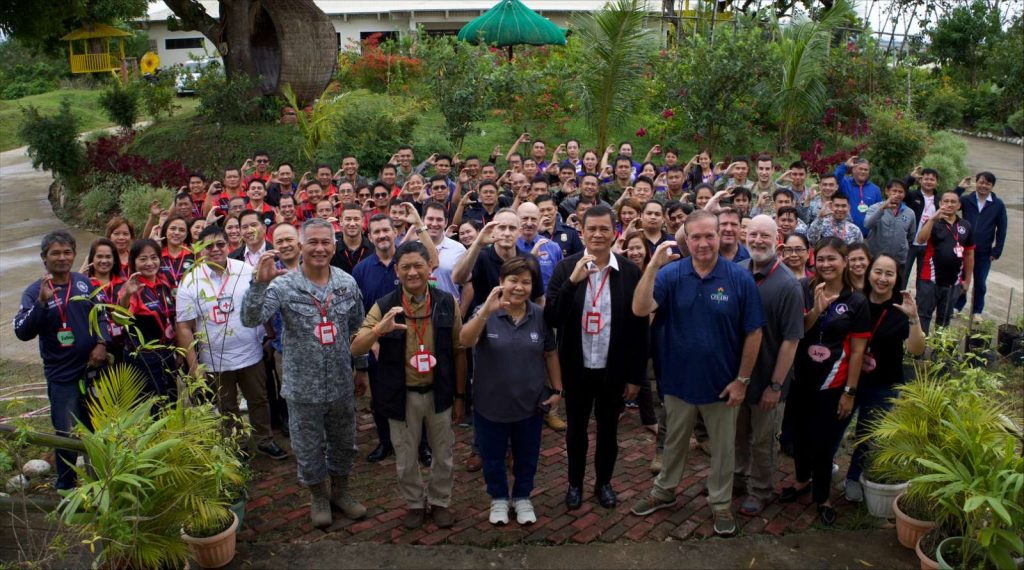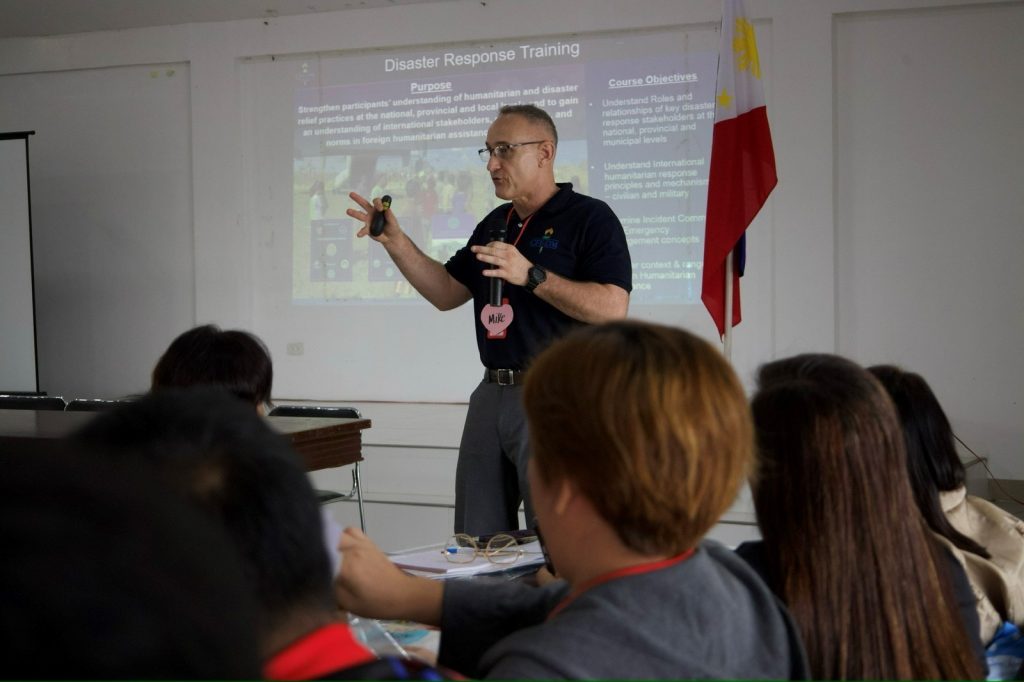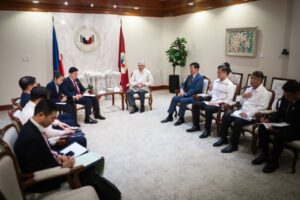
(More than 70 local disaster response officials, military personnel, and humanitarian workers participate in the inaugural “Cagayan Disaster Response Training-Paghahanda 1.24 Workshop” from January 23 to 25 in Anquiray, Amulung, Cagayan.)
The United States government partnered with the Armed Forces of the Philippines (AFP) and the provincial government of Cagayan in hosting the first “Cagayan Disaster Response Training-Paghahanda 1.24 Workshop” from January 23 to 25 in the Municipality of Amulung to enhance the capabilities and collaboration of civilian and military first responders in the disaster-prone province.
The workshop trained more than 70 local disaster response officials, military personnel, and humanitarian workers to better understand each other’s roles in implementing humanitarian assistance and disaster response (HADR) principles.
During the activity, the U.S. Indo-Pacific Command’s Center for Excellence in Disaster Management and Humanitarian Assistance (CFE-DM) provided the course material and shared the best practices on multistakeholder coordination in HADR. Meanwhile, the U.S. Agency for International Development’s Bureau of Humanitarian Assistance also briefed participants on the process of requesting U.S. government assistance in the event of a disaster.
The workshop culminated with a tabletop exercise where participants applied HADR principles through a simulated major disaster in Northern Luzon, near two Enhanced Defense Cooperation Agreement locations.
“We are honored to support this Philippine government-led disaster response training that fostered the ongoing collaboration between the Philippines and the United States,” CFE-DM Deputy Director Steve Castonguay said. “Our shared commitment to resilience and preparedness and an increased understanding of each other’s roles and procedures are crucial in facing the challenges posed by natural disasters.
For his part, Office of Civil Defense Region 2 Director Leon DG Rafael Jr., who also serves as Chairperson of the Cagayan Valley Disaster Risk Reduction and Management Council, said, “We believe that an integrated approach, where all parties work hand-in-hand, is vital in providing immediate and sustainable assistance to those in need.”
He added, “Through this comprehensive workshop, we aspire to enhance the capacity and knowledge of our participants, equipping them with the necessary skills and understanding to effectively respond and coordinate humanitarian actions.”
CFE-DM partners with government and non-government entities worldwide to strengthen collaborative capabilities in HADR among civilians, military responders, and humanitarian organizations. The U.S. government is committed to supporting the AFP’s Disaster Response Program to further strengthen civil-military coordination and alleviate human suffering before, during, and after humanitarian crises.

(Michael Wylie, an advisor from the U.S. Indo-Pacific Command’s Center for Excellence in Disaster Management and Humanitarian Assistance (CFE-DM), delivers a presentation on the mission of CFE-DMHA.)


